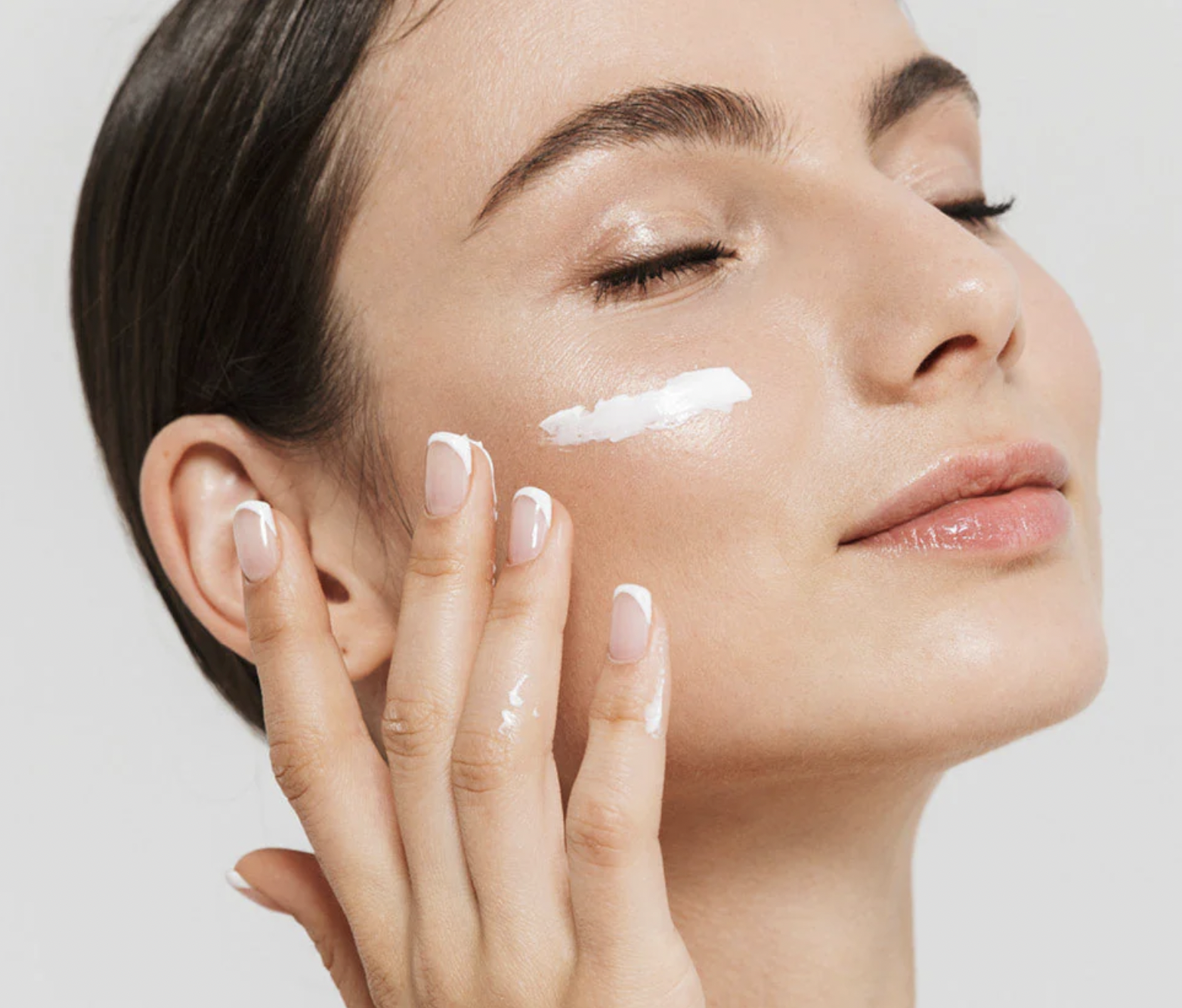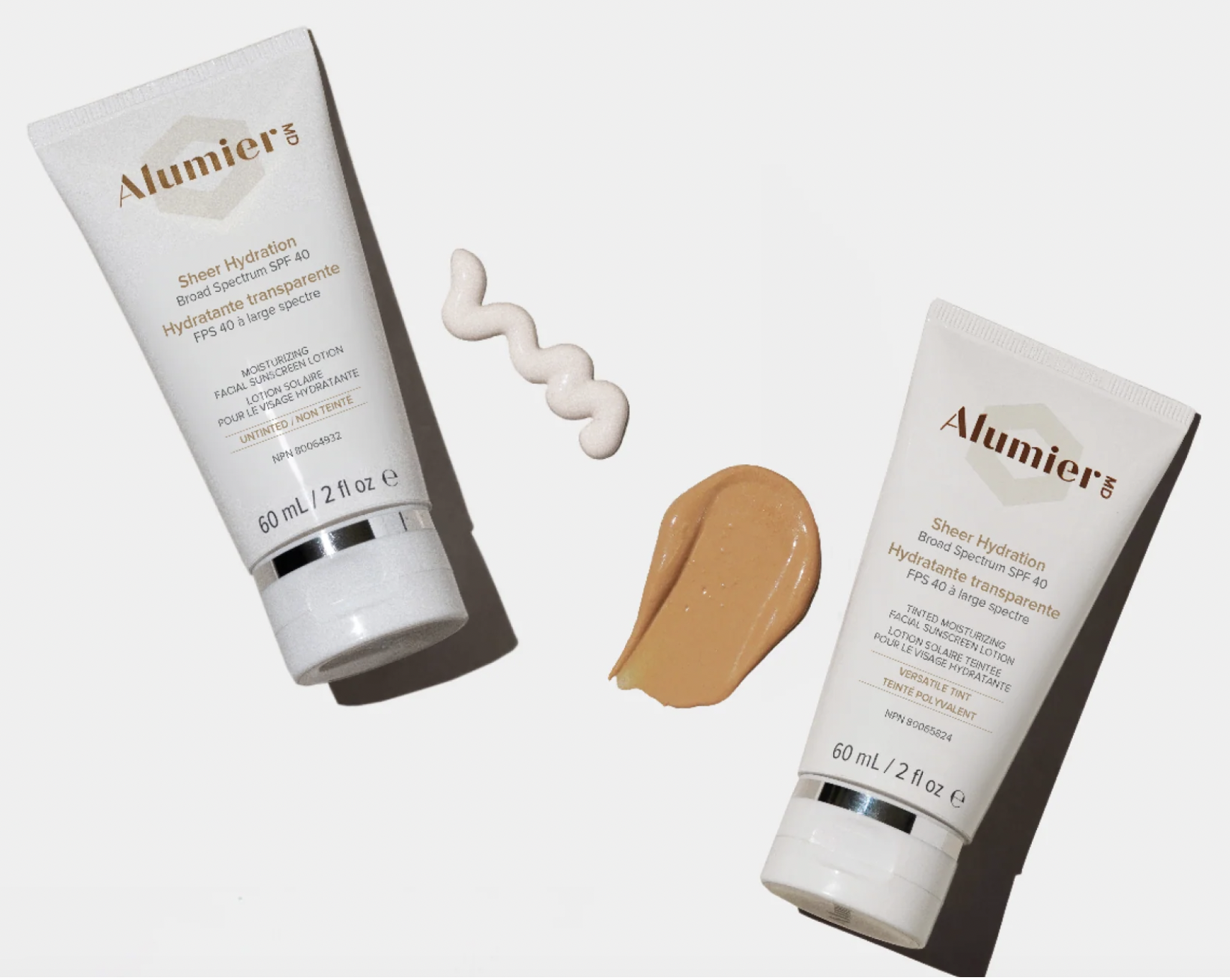
Summer Skin Care Secrets: Glowing Skin Tips for a Radiant Complexion
Share
Summer Skin Care Secrets: Glowing Skin Tips for a Radiant Complexion
As the summer sun begins to shine brighter, it's the perfect time to refresh your skin care routine to ensure a healthy, radiant complexion. The combination of heat and humidity can be challenging, making it essential to incorporate glowing skin tips that keep your complexion vibrant and protected. From lightweight moisturizers that hydrate skin in summer to proper sunscreen application, these strategies are crucial for maintaining your skin's health while enjoying the season's outdoor activities. Implementing a gentle exfoliation routine can further enhance your skin's natural glow by removing dead skin cells and preventing clogged pores. Embrace these expert summer skin care secrets to keep your skin luminous and nourished, whether you're basking by the pool or exploring the great outdoors.
Hydrate Skin Summer
Summer brings unique challenges for skin hydration. This section explores effective strategies to keep your skin moisturized and healthy during the warmer months, from selecting the right products to nourishing your skin from within.
Lightweight Moisturizers Essentials
Selecting the right lightweight moisturizer is crucial for summer skincare. These products provide hydration without clogging pores or feeling heavy on the skin.
Look for water-based or gel formulations that absorb quickly. These types of moisturizers are ideal for hot, humid weather as they don't leave a greasy residue.
Key ingredients to seek out include hyaluronic acid, glycerin, and aloe vera. These components attract and retain moisture without overwhelming the skin.
For those with oily or combination skin, opt for oil-free moisturizers. These products help balance skin hydration without exacerbating excess oil production.
AlumierMD recommends applying moisturizer to damp skin to lock in hydration effectively.
Key Ingredients for Hydration
When it comes to summer hydration, certain ingredients stand out for their effectiveness. These components work to attract and retain moisture, keeping your skin plump and healthy.
Hyaluronic acid is a powerhouse hydrator, capable of holding up to 1000 times its weight in water. It's excellent for all skin types and helps maintain skin elasticity.
Glycerin acts as a humectant, drawing water from the air into the skin. It's particularly beneficial in humid climates, making it perfect for summer use.
Ceramides are lipids that help form the skin's barrier and retain moisture. They're especially useful for those with dry or sensitive skin.
Niacinamide, a form of vitamin B3, not only helps with hydration but also improves skin texture and reduces the appearance of pores.
Stay Hydrated with Diet
Hydrating your skin isn't just about topical treatments; what you consume plays a crucial role in maintaining skin health. A balanced diet rich in water-dense foods can significantly impact your skin's hydration levels.
Incorporate fruits like watermelon, cucumber, and oranges into your daily meals. These foods not only provide hydration but also offer essential vitamins and antioxidants.
Drinking adequate water is fundamental. Aim for at least 8 glasses a day, more if you're active or in hot weather. Herbal teas and coconut water can be refreshing alternatives.
Healthline suggests consuming foods rich in omega-3 fatty acids, such as salmon and chia seeds, to support skin barrier function and hydration.
Proper sunscreen application is the cornerstone of summer skincare. This section covers everything from choosing the right SPF to ensuring you're protected during outdoor activities.
Choosing the Right SPF
Selecting the appropriate SPF (Sun Protection Factor) is crucial for effective sun protection. The right SPF shields your skin from harmful UV rays, preventing sunburn and long-term damage.
For daily use, dermatologists recommend a minimum of SPF 30. This level blocks about 97% of UVB rays when applied correctly.
Consider your skin type and outdoor exposure when choosing SPF. Fair skin or extended sun exposure may require a higher SPF, such as 50 or even 70.
Look for broad-spectrum sunscreens that protect against both UVA and UVB rays. UVA rays cause premature aging, while UVB rays are responsible for sunburn.
AlumierMD advises using water-resistant formulas for activities involving water or excessive sweating.
Proper Reapplication Methods
Applying sunscreen once isn't enough for all-day protection. Proper reapplication is key to maintaining your skin's defense against UV damage throughout the day.
As a general rule, reapply sunscreen every two hours. However, if you're swimming or sweating excessively, you'll need to reapply more frequently.
Use about 1 ounce (30 ml) of sunscreen to cover your entire body. This is roughly equivalent to a shot glass full.
Don't forget often-missed areas like the back of your neck, tops of your feet, and your ears. These spots are prone to burning and require equal protection.
For facial reapplication over makeup, consider using a powder sunscreen or a setting spray with SPF for convenient touch-ups.
Sun Protection for Outdoor Activities
Outdoor activities require special consideration when it comes to sun protection. Whether you're hiking, swimming, or playing sports, tailoring your sun protection strategy is essential.
For water activities, use water-resistant sunscreens and reapply every 40–80 minutes, depending on the product's specifications. Remember that water can reflect and intensify UV rays.
When hiking or engaging in outdoor sports, wear protective clothing in addition to sunscreen. Wide-brimmed hats, UV-blocking sunglasses, and UPF-rated clothing offer extra defense.
Canadian Dermatology Association recommends seeking shade during peak sun hours (usually 10am to 3pm) to minimize direct UV exposure.
Consider using stick sunscreens for areas prone to excessive sweating, like the forehead and around the hairline, as they tend to stay put better.
Exfoliation Routine for Radiance
Exfoliation is a key step in achieving radiant summer skin. This section explores the benefits of gentle exfoliation, recommends suitable products, and advises on the optimal timing for your exfoliation sessions.
Benefits of Gentle Exfoliation
Gentle exfoliation offers numerous benefits for summer skin care. It helps remove dead skin cells, unclog pores, and promote cell turnover, resulting in a brighter, more even complexion.
Regular exfoliation can improve the effectiveness of other skincare products. By removing the barrier of dead skin cells, moisturizers and serums can penetrate more deeply.
For those prone to breakouts, exfoliation can help prevent clogged pores and reduce the occurrence of acne. It's particularly beneficial in summer when sweat and sunscreen can lead to congestion.
However, it's crucial to maintain a balance. Over-exfoliation can lead to irritation and sensitivity, especially when skin is exposed to more sun during summer months.
AlumierMD emphasizes the importance of following exfoliation with proper hydration and sun protection to maintain skin health.
Best Products for Summer Use
Choosing the right exfoliation products for summer is crucial to maintain skin health without causing irritation or increased sun sensitivity.
Incorporating high-quality exfoliants into your summer skincare routine can help achieve that coveted radiant complexion. Here are some AlumierMD product recommendations that are perfect for gentle yet effective exfoliation:
-
Lotus Scrub: This is a gentle yet effective exfoliating scrub containing lotus seed powder and microcrystalline cellulose. It's perfect for removing dead skin cells and impurities without irritation, suitable for all skin types, including sensitive skin.
-
AHA Renewal Serum: A lightweight serum that harnesses the power of Alpha Hydroxy Acids (AHAs) to exfoliate the skin's surface gently. It promotes cell turnover and reveals a smoother, more radiant complexion. Ideal for evening use to reduce sun sensitivity.
-
Enzyme Retexturing Treatment: This treatment uses a combination of fruit enzymes, including papain from papaya, to break down and exfoliate dead skin cells. It's a great option for those with sensitive skin who prefer enzyme exfoliation.
-
Bright & Clear Solution: A refreshing exfoliating solution with lactic acid and salicylic acid, which helps to improve skin texture and clarity. It's particularly beneficial for oily and acne-prone skin types.
For optimal results, always follow exfoliation with hydration and apply sunscreen in the morning to protect freshly exfoliated skin from UV damage.
Timing Your Exfoliation Sessions
The timing and frequency of your exfoliation routine can significantly impact its effectiveness and your skin's health, especially during summer months.
For most skin types, exfoliating 1-2 times a week is sufficient. Those with oily or acne-prone skin might benefit from slightly more frequent sessions, but should still be cautious of over-exfoliation.
It's best to exfoliate in the evening, as freshly exfoliated skin can be more sensitive to sun exposure. This allows your skin time to recover overnight.
Always follow exfoliation with a nourishing moisturizer and ensure you use adequate sun protection the following day, as exfoliated skin can be more susceptible to UV damage.
AlumierMD suggests adjusting your exfoliation routine when traveling to different climates, as skin needs can change with environmental factors.

